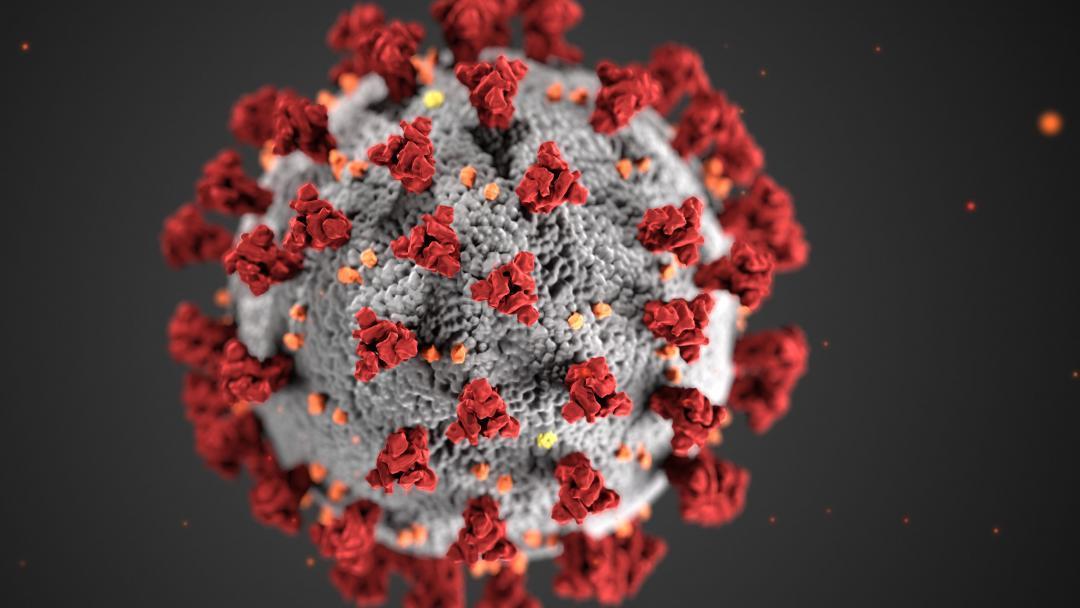
 Essay finds ‘infodemic,’ abundance of inaccurate information impacts memory
Essay finds ‘infodemic,’ abundance of inaccurate information impacts memory
A new review, published in the journal Human Behavior and Emerging Technologies, finds the abundance of accurate and inaccurate pandemic information, or “infodemic,” can impact people’s memories and beliefs about COVID-19’s impact.
The co-authors — UCI alumna Rachel Leigh Greenspan, who earned her Ph.D. in psychology and social behavior and now is an assistant professor of criminal justice and legal studies at the University of Mississippi, and Elizabeth Loftus, distinguished professor of psychological science and criminology, law and society — write:
Decades of research have shown that exposure to misinformation can have significant impacts on people's thoughts, actions, and memories. During global pandemics like COVID‐19, people are likely exposed to heightened quantities of misinformation as they search for and are exposed to copious amounts of information about the disease and its effects.
In their essay, Loftus and Greenspan review research that shows how inaccurate, postevent information impacts a person’s memory for a previously witnessed event. They discuss factors that strengthen the impact of misinformation, including repetition and whether the misinformation is consistent with people’s preexisting attitudes or beliefs. And, they describe how social media companies and individuals can help prevent the spread of misinformation.
“Little bits of misinformation that we routinely encounter can just be a nuisance, but misinformation about the nature of a virus, how to prevent infection and how to treat it can be a matter of life and death,” Loftus says.
Approaches to combat misinformation that focus on preventing its spread are likely to be more effective than those that attempt to debunk misinformation after people have been exposed to it, Loftus and Greenspan note.
The researchers recommend the following approaches:
- Warnings. Informing people either before or after reading misinformation that some of the information they read may be inaccurate, as seen on social media platforms such as Twitter.
- Additional information. Simply providing additional messaging, such as providing a pop-up message informing readers that they are reading old articles before they share them for example, may help prevent the spread of misinformation.
- Pause and reflect. Individuals can reduce the spread of misinformation by pausing and reflecting before sharing information online.
“It's in the interest of so many that we study pandemic misinformation,” Loftus says. “We need this to stop the spread! We should all get on board for the sake of our own health, and the health of our family, country, and society.”